Pachyderms get the Point
Elephants, unlike mammals much more similar to us, seem to instinctively understand pointing gestures.

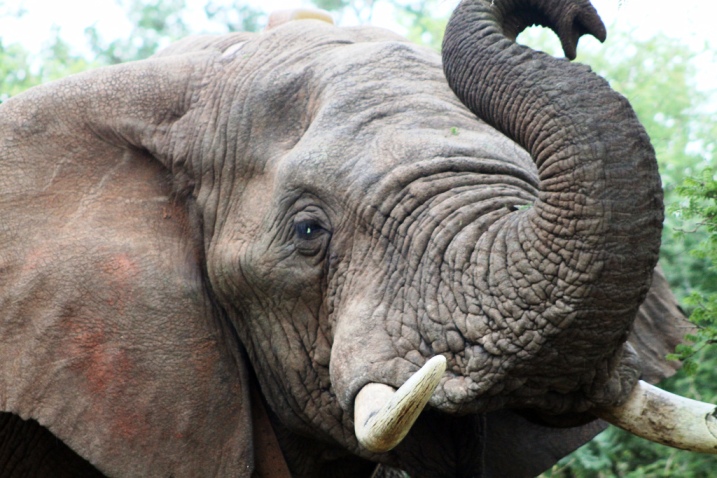
Elephants, unlike mammals much more similar to us, seem to instinctively understand pointing gestures.
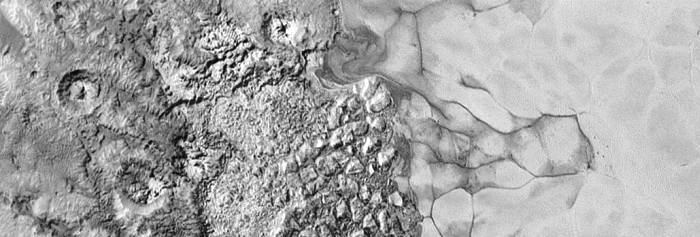

A new report finds that global fisheries could boost both sustainability and annual catch.

Scientists are tracking the range of species by analyzing satellite images of cloud cover.

Variations in a fear-controlling brain circuit could be a factor in adolescent anxiety disorders.
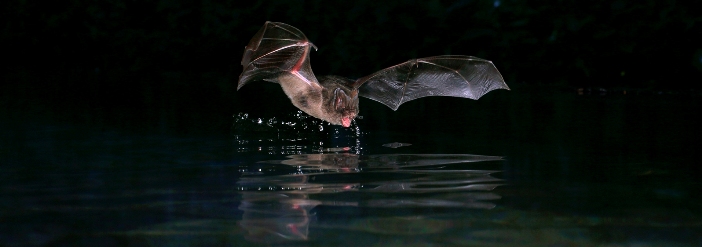
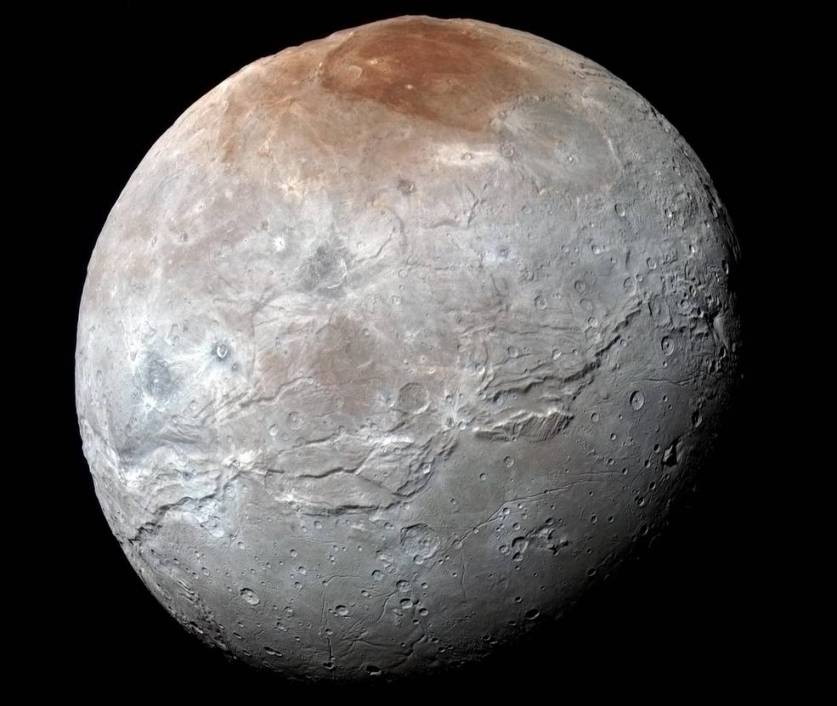
A violent collision between two worlds may have given rise to Pluto and its satellites.
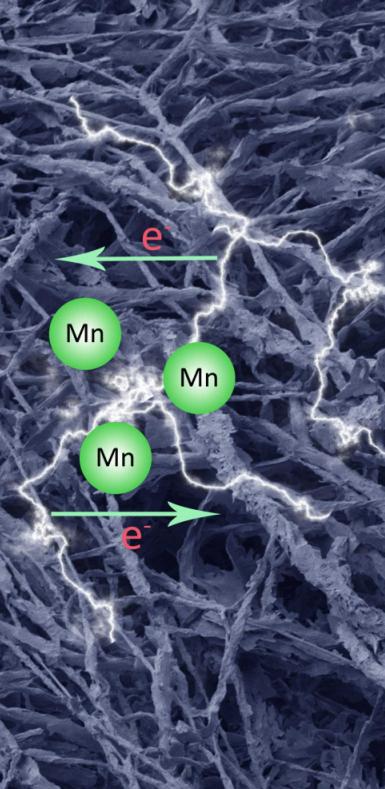

In a mouse model of early Alzheimer’s disease, scientists used light to trigger memories that the mice had forgotten.
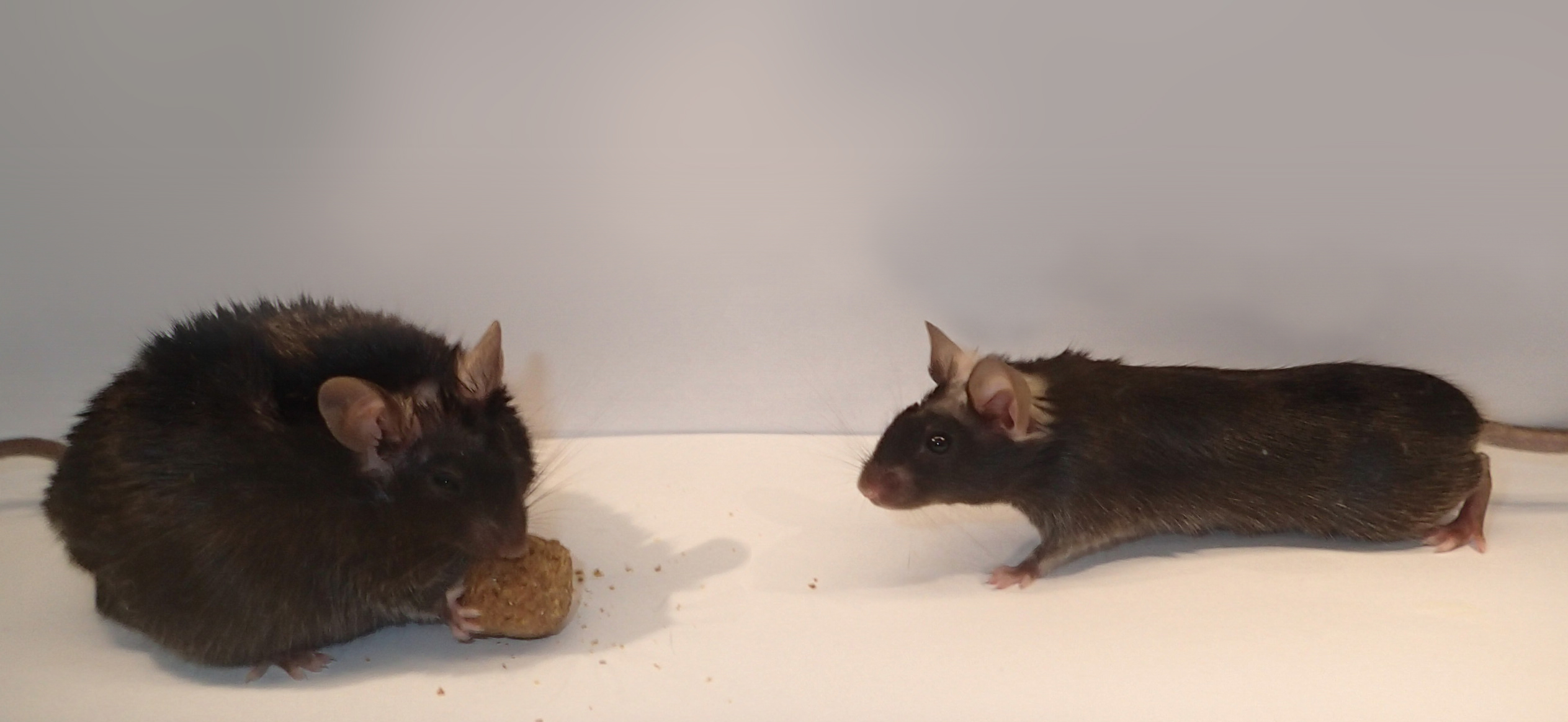
While studying learning and memory in the brain, neuroscientists stumbled upon a surprising clue to obesity.
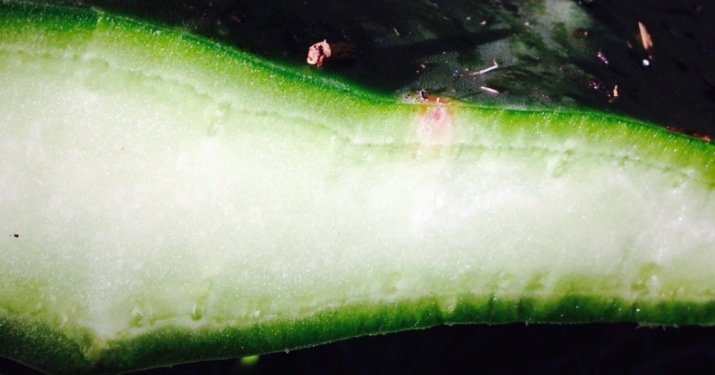
The drought-defying interior of the prickly pear cactus holds a secret to purifying water.

A trickle of data from the New Horizons spacecraft is building into a flood of new findings.

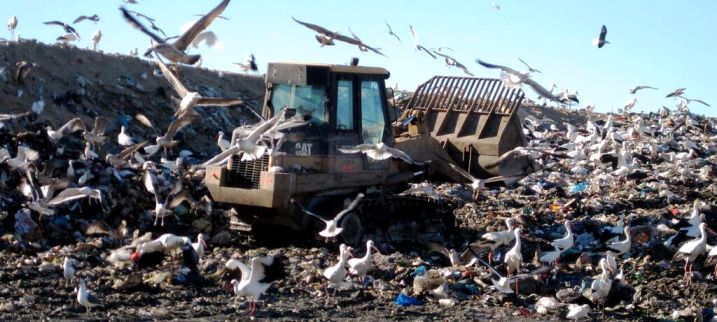
Storks in Europe are forgoing migration to Africa because of the ready availability of human food from landfills.
Scientists are isolating and synthesizing the chemical compounds that make hops bitter, and studying their medicinal properties.
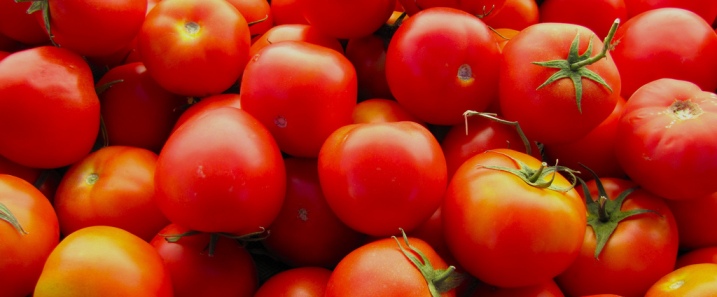
Scientists are isolating and synthesizing the chemical compounds that make hops bitter, and studying their medicinal properties.
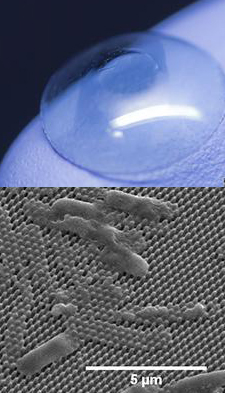
Futuristic eye implants could fight microbes with structures that mimic the bacteria busting wings of insects.
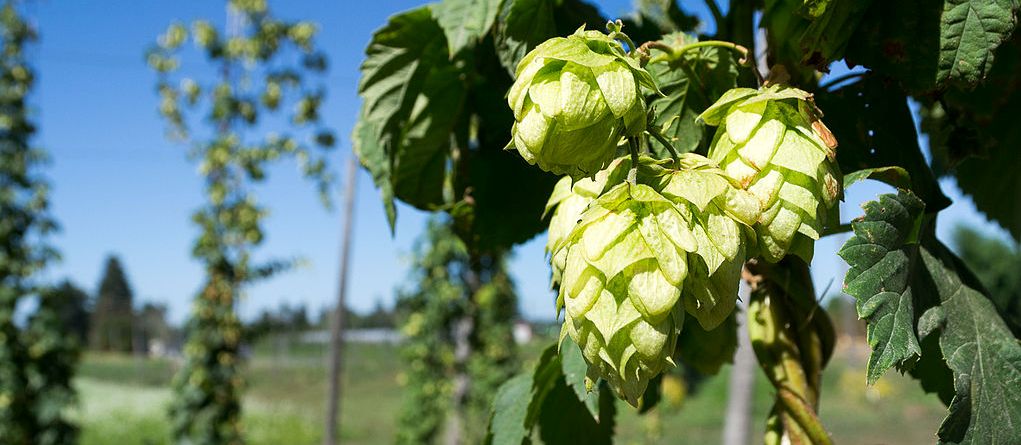
Scientists are isolating and synthesizing the chemical compounds that make hops bitter, and studying their medicinal properties.

Researchers probe the neural roots of violence by studying the brains of belligerent mice.
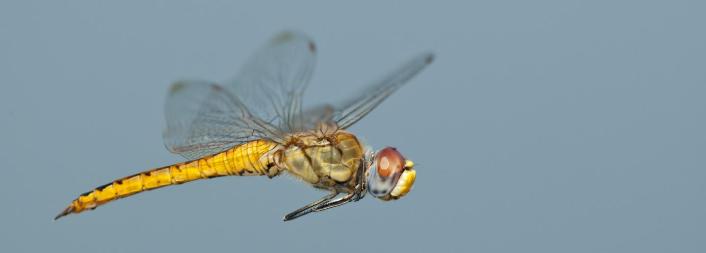
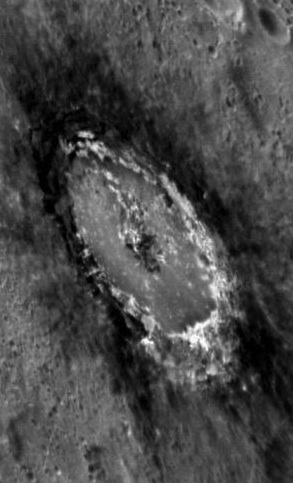
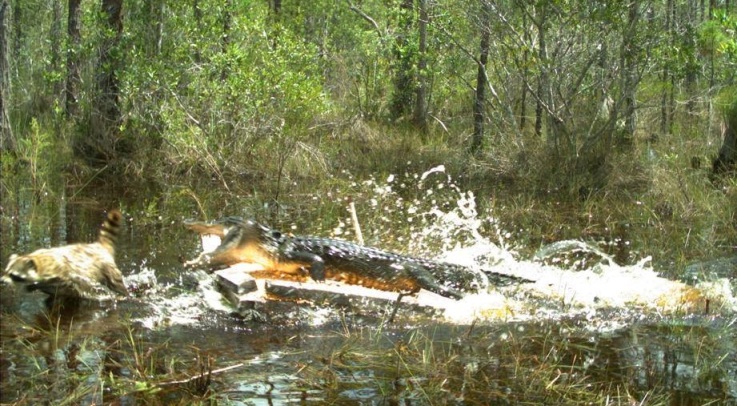
Though mortal enemies, alligators and water birds team up against raccoons in the Florida Everglades.
